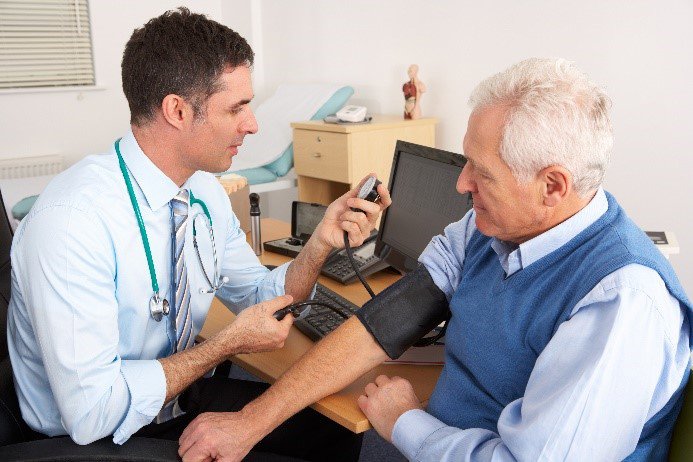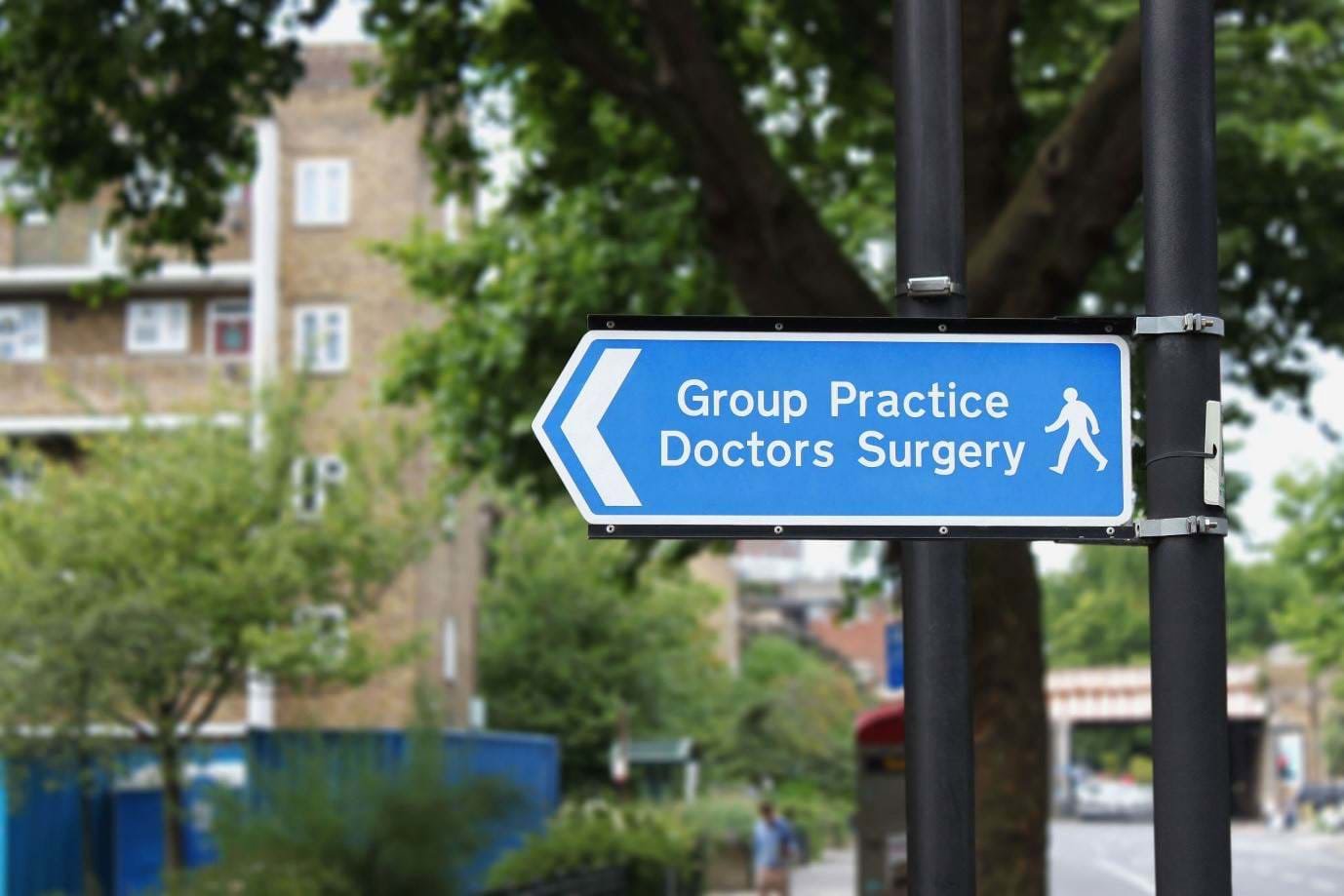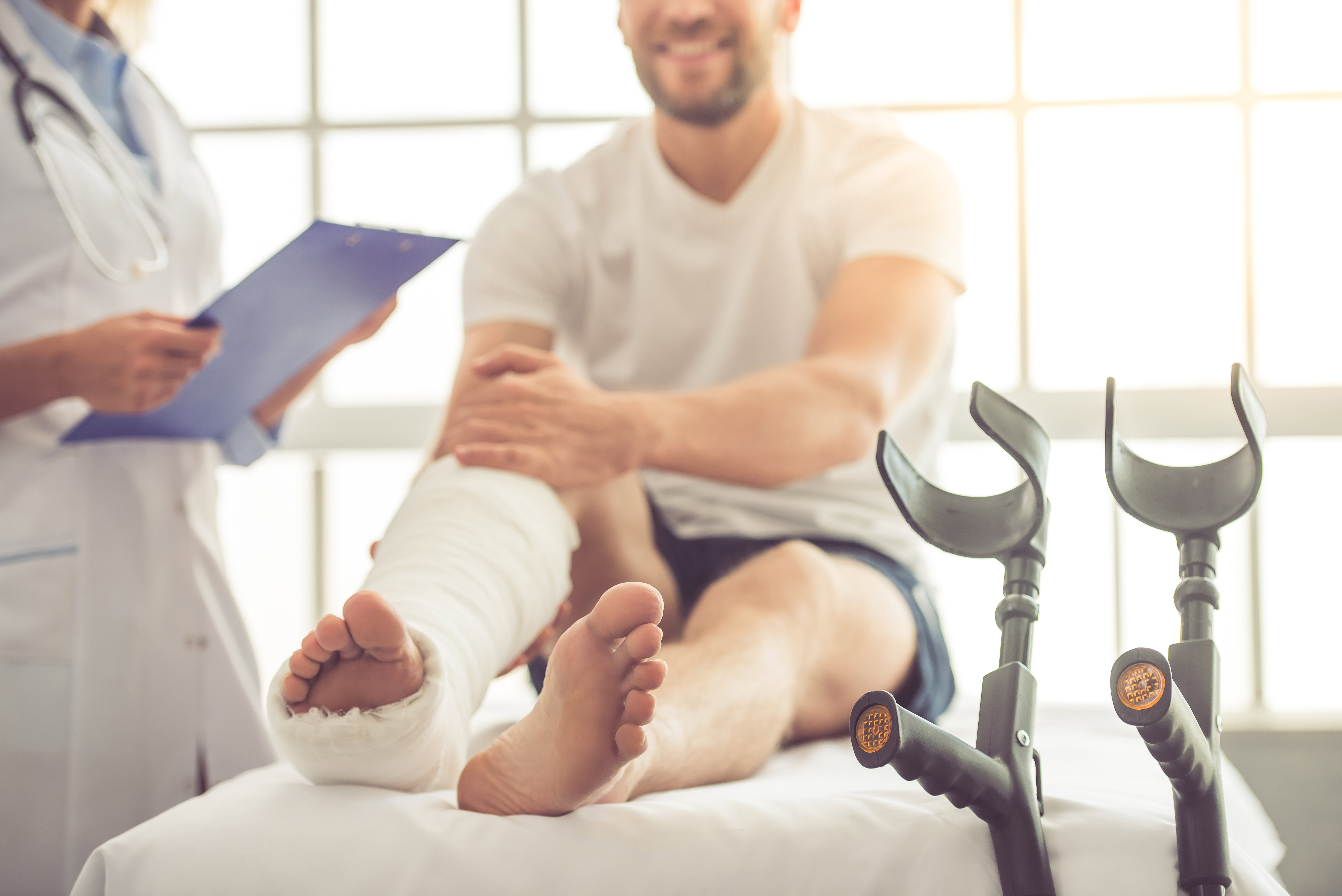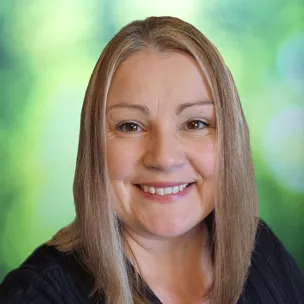In June 2022, BBC Panorama revealed the shocking findings of its undercover investigation into Operose Health – the UK’s largest GP chain with 600,000 NHS patients in its care. The findings were reported by Rahil Sheikh, Charlie Mole and Sam Holder of BBC Panorama.
The company is owned by the US healthcare giant, Centene Corporation, and now owns 70 general practice surgeries across England. The BBC sent an undercover reporter, Jacqui Wakefield, to work in one of these surgeries as a receptionist for a total of six weeks. The surgery she worked at during this time is one of 51 surgeries run by the company in London alone.
In the short time she was employed at the surgery, the reporter was told by a GP working at the practice that the practice was short of 8 doctors. When speaking about this, the practice manager at the surgery said that they tended to hire less qualified medical staff called physician associates (PAs) because they were “cheaper” than hiring GPs.
Physician associates were first introduced by the NHS in 2003, so that doctors could deal with more complex patient needs. Their introduction was based on a US model and has been adopted in various other countries. PAs are healthcare professionals who have completed two years of postgraduate studies on top of a science degree, as opposed to 10 years education and training for GPs. They support GPs in the diagnosis and management of patients but should always have oversight from a doctor.
It was the reporter's impression from what she saw and was told her manager that there seemed to be an emphasis on hiring cheaper PAs to save on costs throughout their practices in their UK. Although a physician assistant’s role is somewhat self-explanatory, it must be emphasized that they should only assist GPs and help them to manage their patients.
Despite this, Operose appear to be using PAs in place of qualified GPs, usually with no supervision. Indeed, this was something which many of the PAs commented on to the undercover reporting, saying that they would ordinarily see all sorts of patients, sometimes without any clinical supervision. They said that the practice treated them as the equivalent to a GP. Operose Health have denied this, stating that a clinical lead is on site “most of the time” to help answer questions from PAs.
Although Operose firmly deny any over reliance on PAs, they continue to employ six times as many PAs as the NHS national average based on data from the NHS. In addition to the findings already reported on, the undercover reporter experienced numerous calls from desperate patients who had been waiting to see a doctor for up to six months. She also spoke to stressed GPs and admin staff who were concerned their excessive workload would lead to harmful mistakes being made.










